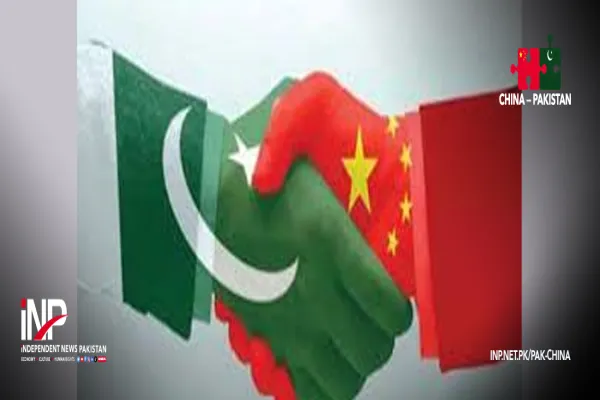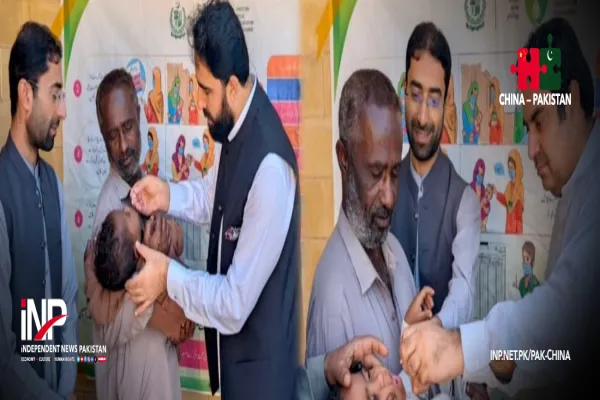i NEWS PAK-CHINA
“With Chinese technology, we have witnessed a historic breakthrough in local royal jelly production. Thirty beekeepers have mastered the skill to extract royal jelly, and more will be trained in the future”, said Dr. Muhammad Asif Aziz in an interview to China Economic Net (CEN).
He is an Associate Professor of the Department of Entomology Pir Mehr Ali Shah Arid Agriculture University Rawalpindi, the person in charge of the Billion Tree Honey Initiative (trial phase), and a participant of the online training course on beekeeping and honey processing technology sponsored by Ministry of Commerce of People's Republic of China and organized by Hunan Agricultural Group Co., Ltd. in the summer of 2021.
For him, the training came just in time as he was eager to learn more about royal jelly production, bee breeding techniques, honey production technology, and bee-related product processing to reach the goal of the Billion Tree Honey Initiative, that is to produce 70,000 tonnes of honey through the introduction of modern beekeeping equipment, training in the latest technologies, standardization and product certification, and marketing.
“It is challenging to receive technical training online, but I’m lucky to have a great online management team to make everything organized. Chinese professors demonstrated the country’s beekeeping technology through theoretical explanations and demonstrations on apiaries.
And there were interesting introductions of Chinese culture, so we not only learned Chinese beekeeping technology but also had a deeper understanding of China”, he termed the training “beyond expectation” and was awarded excellent trainee at the end of the training program.
The training made him realize that to further develop the apiculture industry in Pakistan, the first step should be to improve the skills of local practitioners in the production of various bee products, including royal jelly and other higher-value bee products, through training and capacity-building programs
Therefore, he started to train local beekeepers in two categories. One is short-term course that teaches modern apiculture technology for professional bee farmers. The other is middle- to long- term training for green hands.
Previously, local beekeeper used to think that royal jelly can only be produced in natural beeswax cups and in queenless colonies. Therefore, mostly they remained reluctant to produce this valuable product due to the fear to loose bee population in the absence of queens and considered royal jelly production costlier than net profits.
After learning about China's royal jelly technology, Dr. Muhammad Asif Aziz along with his students Ali Raza and Usama Umer decided to use Chinese technology. Then, he invited several bee farmers to learn and practice together. To everyone's surprise, royal jelly was successfully produced with plastic queen cells in colonies with queens.
“The approach of Chinese people to work for betterment of humanity through knowledge sharing is remarkable, which ultimately will pave the path towards social and economic stability of both the nations”, he said, looking forward to more exchanges in the future.
“Online training can never replace offline practice. I’m very much looking forward to coming to China in the near future to meet with experts in the apiculture industry face to face”, he added.
Credit: Independent News Pakistan-INP









